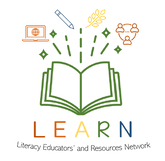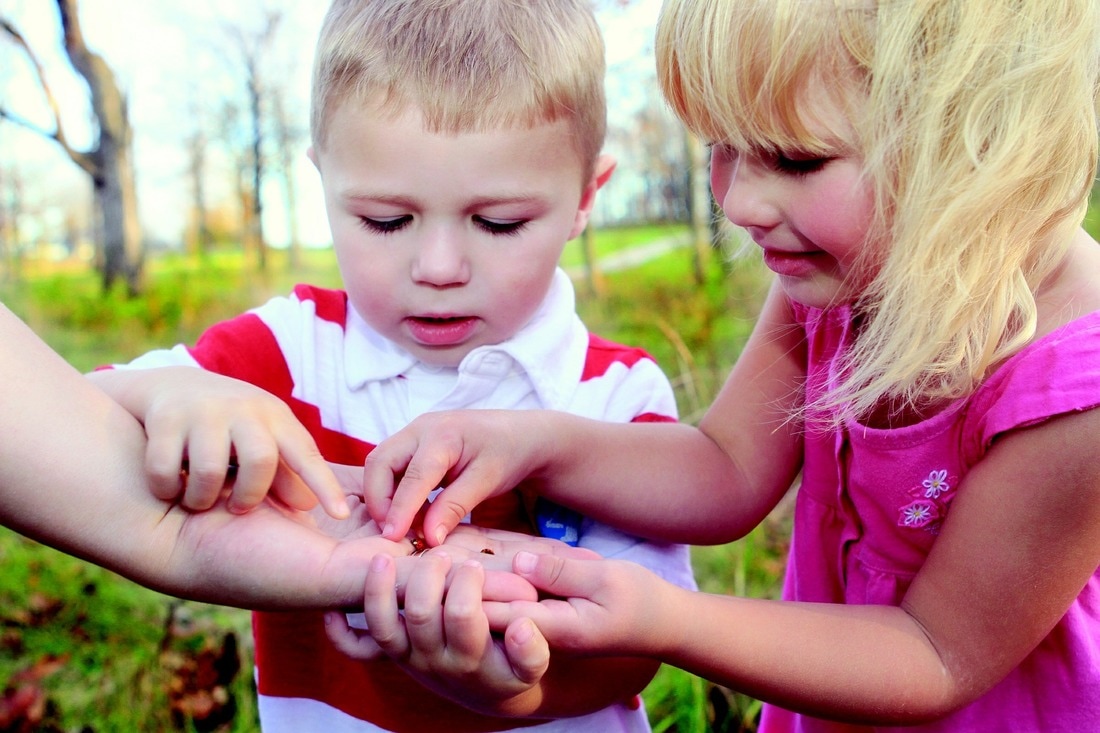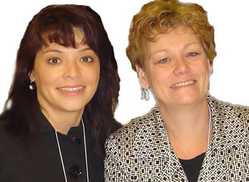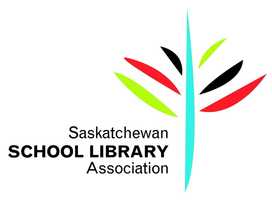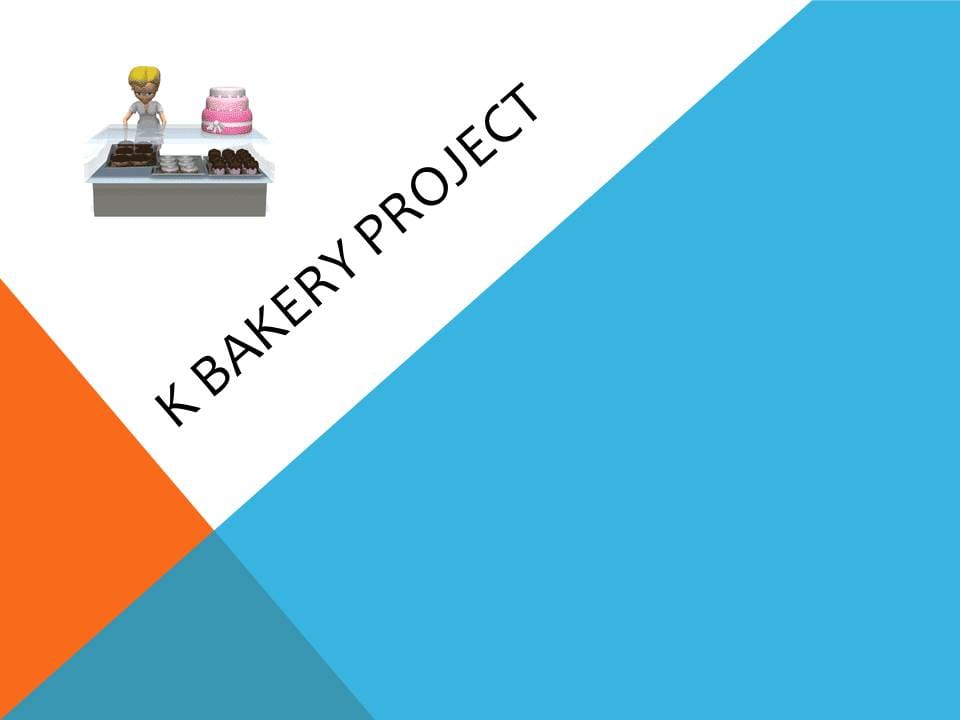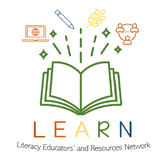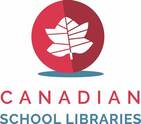Engage in Inquiry
|
Inquiry learners seek to explain or find answers to questions utilizing technologies as tools for accessing, using, working with, and presenting information. The various frameworks that help visualize inquiry. Educators use a variety of frameworks to incur curricular outcomes, determine the resources to support the inquiry, and to decide how they will assess the curricular outcomes.
Inquiry may appear to be linear; however teachers are urged to view it as cyclical, because learners go back and forth among the various dimensions of inquiry throughout a given exploration. Modelling, guided practice, collaborative practice, independent practice, and application, are used throughout to explicitly teach and coach students through a variety of collaboration, comprehension, and inquiry skills. View the Example of Instructional Repetoire for Inquiry Approach (PDF). Technology possesses the ability to engender deep inquiry. Bringing Inquiry to Life Chart, compiled by Carlene Walter, details technologies to further student inquiry. Building a culture of inquiry is a collaborative effort among educators and is part of their professional learning. Leadership In Inquiry outlines opportunities to investigate the work of teacher-librarians, teachers, and school-based administrators, and ways to support the evolution of inquiry which is both collaborative and reflective. |
Frontloading Knowledge
During the introduction of an inquiry, considerable time must be spent determining readiness to learn, interest in topic, awakening and connecting prior knowledge (providing contexts, building background knowledge/schema, collaboratively building knowledge, drawing out and working with preexisting understandings), providing focus to deal with information overload (big idea thinking) and developing an inquiry stance. Investigating Wonderings During the inquiry process, students have the opportunity to locate and use information and learn about their self-selected topic. In contrast to a traditional learning approach, inquiry develops students' ability to move from teacher-generated to student generated questions, to search for information effectively and efficiently, to use information ethically, and to choose a method for demonstrating their learning. Synthesizing and Creating New Knowledge Inquiry encourages students to move from the retrieval of information to the construction of new knowledge for a particular purpose. They are encouraged to use the information they find to create new understandings or uses in a given context. When students are engaged in authentic tasks or issues, they will need to connect with resource people and experts as part of the learning process. In inquiry learning, teachers encourage students to gather and synthesize information and to apply their new understandings to real-world applications. In response to their findings, students can develop awareness-building activities, suggest action strategies, or propose solutions. Sharing With An Intentional Audience It is beneficial to plan ways to publish or present student learning to an audience beyond their own classroom and teacher. As well as presenting in person to other people, in this global and digital society, students can share their work to a larger audience online using such options as digital portfolios, blogs, wikis, or social media platforms. |
Gallery
|
Bringing Inquiry To Life Archived Webinar
Handout: Bringing Inquiry to Life Chart Carlene Walter, an instructional technology consultant with Saskatoon Public Schools, presented a webinar outlining technologies to effectively promote inquiry. |
Inquiry and Comprehension Strategies Podcast (17 minutes)
Donna DesRoches and Carlene Walter discuss strategies students need to explore their inquiry as discerning habitual readers and critical information users. |
Culminating Project Video
Mystery Skype Mystery Skype Package A grade 5 inquiry to understand the significance of Canada’s landforms in the lives of the inhabitants. The class participated in a “mystery” skype with another class in Canada to discover each location. The package includes the teacher planning, instructional materials,photos, and the questions used in video interviews held following the Skype call. |
|
Who are the Métis? Using the RAN strategy to engage in inquiry
Judy Nicholson, in the SSLA journal The Medium Winter 2010, describes the RAN strategy to engage in inquiry. |
Arts Education Inquiry Units: Grades 6-9
Seven units for middle level arts education were developed by Living Sky School Division. The 21 video clips include companion videos on Big Ideas, The Process, and Assessment for each unit and a related print unit plan. These are available on the curriculum website in support materials for Arts Education Grade 6, 7, 8, and 9. These videos are accessed through R.O.V.E.R. |
The Bakery Project
[Flash Video 20 MB] (Video temporarily unavailable) This video documents an inquiry into baking and a field trip to a bakery by this class of kindergarten students. Note: Be patient, this video takes a few minutes to load. Explore the other resources listed on this page for additional examples of inquiry in the early years. |
|
Reflecting on Inquiry - Finding Information
A student reflects on finding information in a digital networked world. |
Reflecting on Inquiry - Showcasing Your Learning
A student discusses how inquiry allowed choice in the format in which to showcase her learning. |
Engaging Interests
Heather Bahr demonstrates engaging grade four students in individual interests in order to persue their inquiries. |
|
Confirming Learning
Heather Bahr, a grade four teacher, and Laurie Hnatiuk, a teacher-librarian, demonstrate using the databases to confirm learnings. |
Showing Learning
Kerri Nakoneshny and her grade three students showcase their learnings derived from their magnets inquiry. |
Sharing Learning
Heather Bahr and her grade four students share their learning derived from their inquiry of light and sound. |
|
Connecting to Information
Sharon Champ and her grade two-three students use various information sources to investigate their inquiry question. |
Investigating Resources To Connect To Big Ideas
Sharon Champ and her grade two-three students, with teacher-librarian Tamzen Kulyk, investigate a variety of resources to connect to the big ideas of the inquiry. |
Using Search Engines and Databases
Laurie Hnatiuk shares with grade four students how to use ministerial and school division databases, as well as search engines, to refine a search. |
|
Exploring Resources & Finding Information
Stephanie Elliott and teacher-librarian Tamzen Kulyk help grade three-four students find relevant information about environmental issues. |
Using Multiple Sources
Stephanie Elliott and teacher-librarian Tamzen Kulyk help grade three-four students explore environmental issues using a variety of resources. |
Interpreting Information
Stephanie Elliott and teacher-librarian Tamzen Kulyk help grade three-four students interpret the information gleaned from multiple resources. |
|
Frontloading An Inquiry
Yvonne Denomy frontloads her social studies inquiry with grade three-four students through an exploration of the rights of the child. |
Modelling Strategies
Lisa Proctor models classroom strategies for conducting a mathematical inquiry with grade five students. |
Showing Impact of a Digital Footprint
Jaime Schroeder, a teacher-librarian, shows the impact of a positive digital footprint to grade eight students. |
|
Setting Personal Standards
Mitch Lowe demonstrates how to plan for the development of a PSA (Public Service Announcement) for a grade 7-8 health education inquiry. |
Communicating Data
Deanna Fast and her grade seven students use diferent graph types to effectively communicate mathematical data. |
Understanding the Question
Deanna Fast leads her grade seven students in a mathematical inquiry of how best to communicate data. |
|
Activating Prior Knowledge
Susan Voitka-Seager and Tamzen Kulyk use a simulation to activate grade four students' prior knowledge of wants and needs. |
Detailing The Importance of the Question
Dan Dewar, a teacher-librarian, shares how importance of the question to engage and motivate students in the inquiry. |
Open Thinking
Open Thinking and Digital Pedagogy is the personal and professional blogging space of Dr. Alec Couros, a professor of educational technology and media at the University of Regina. |
